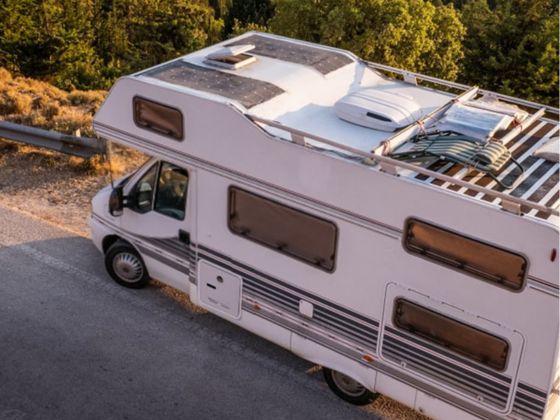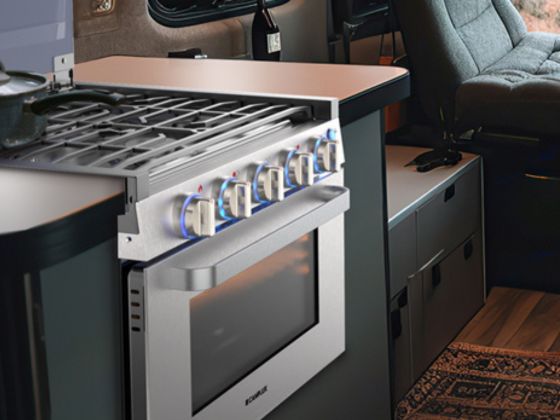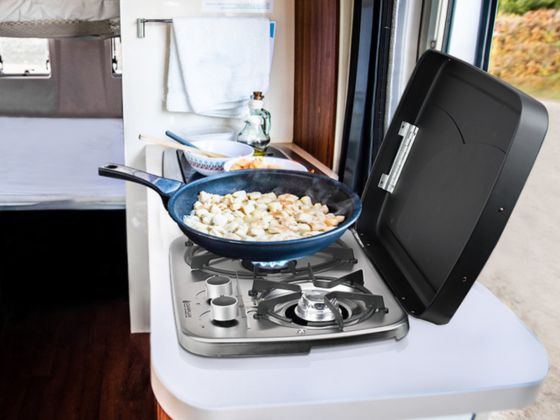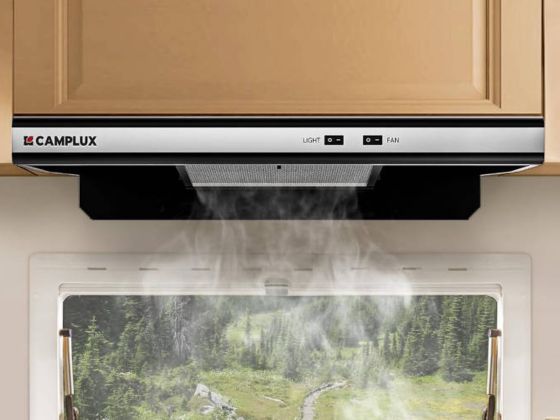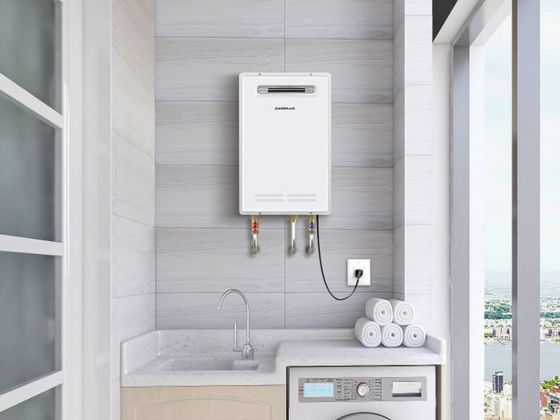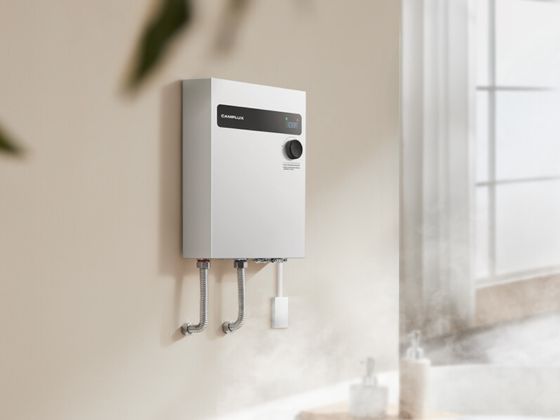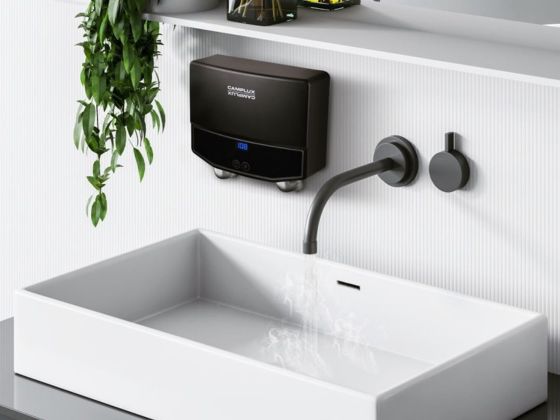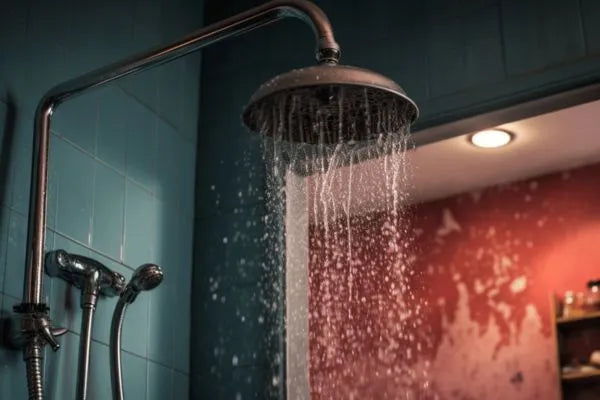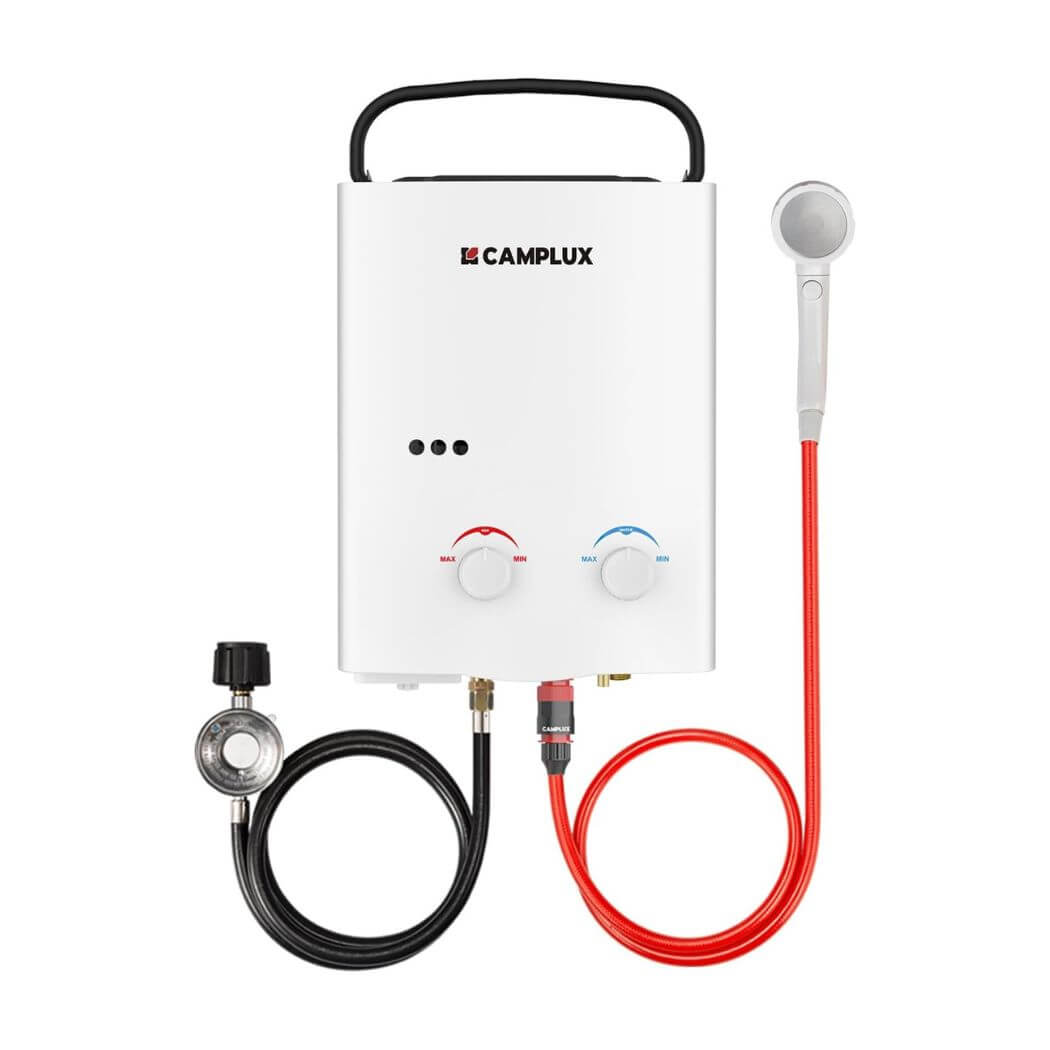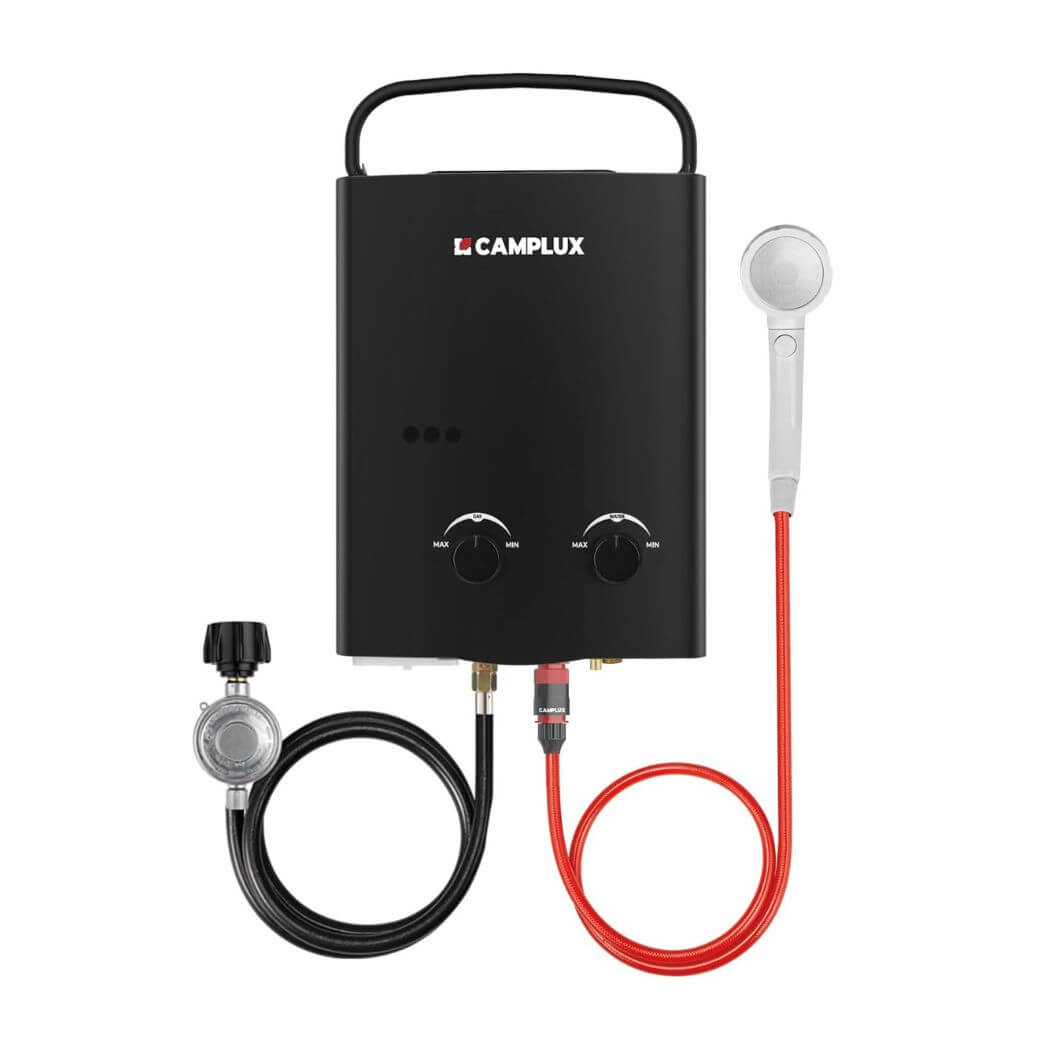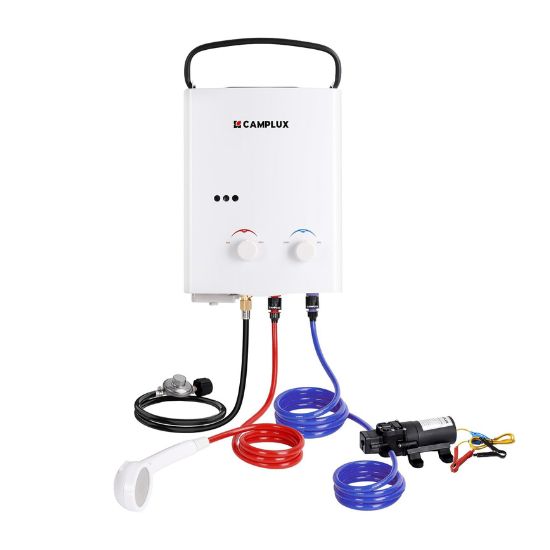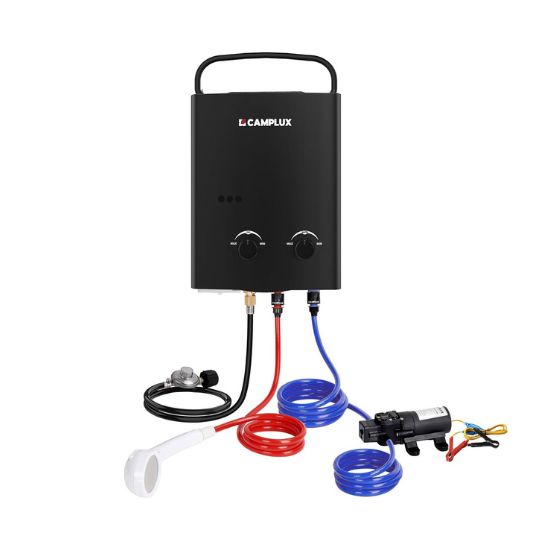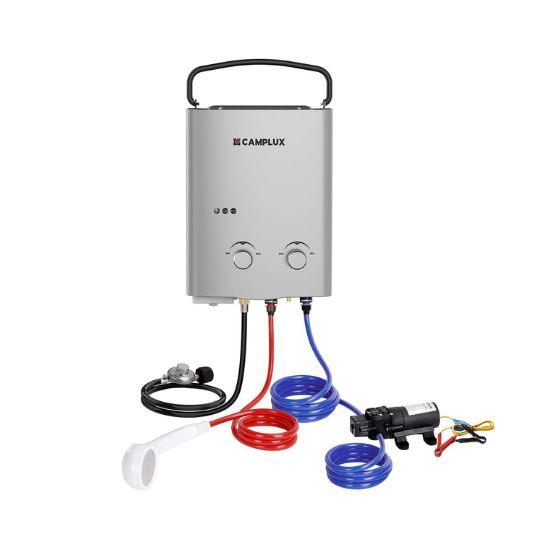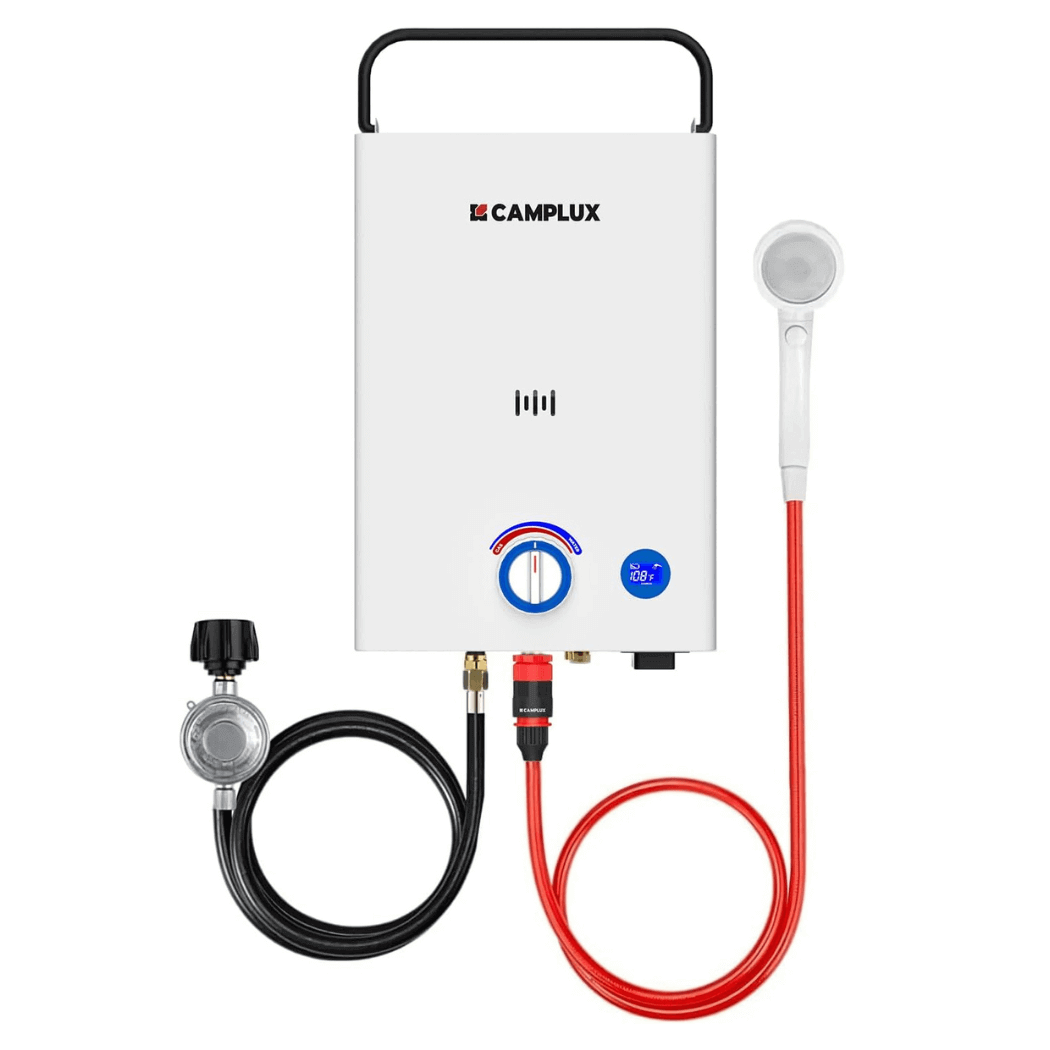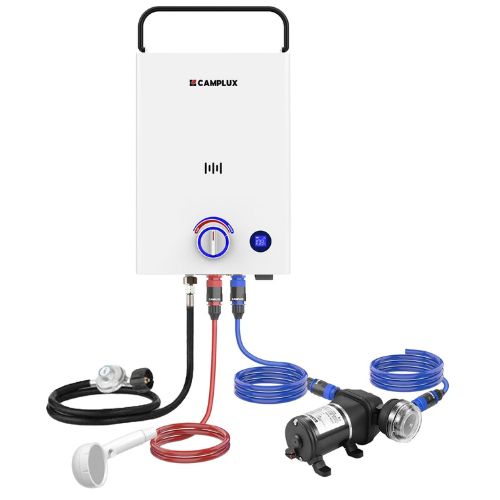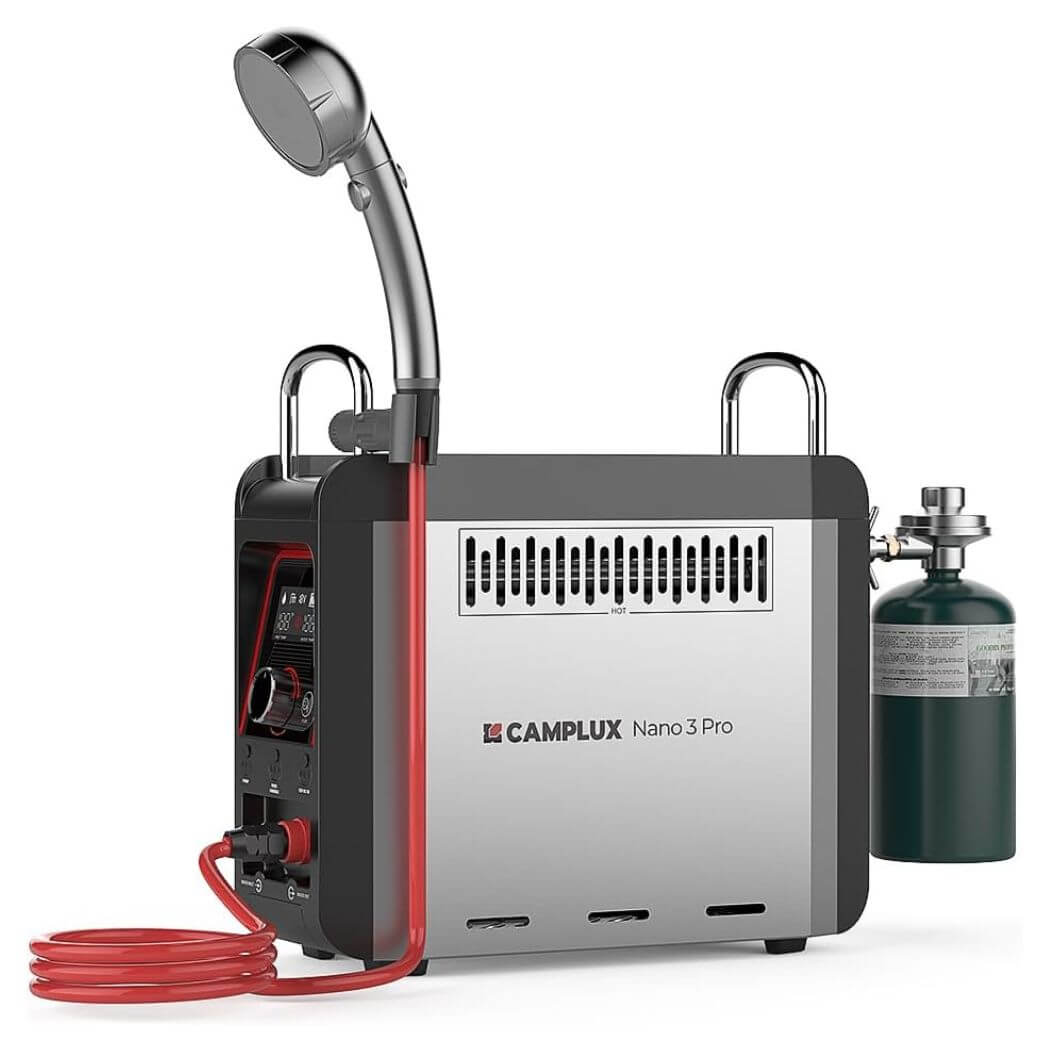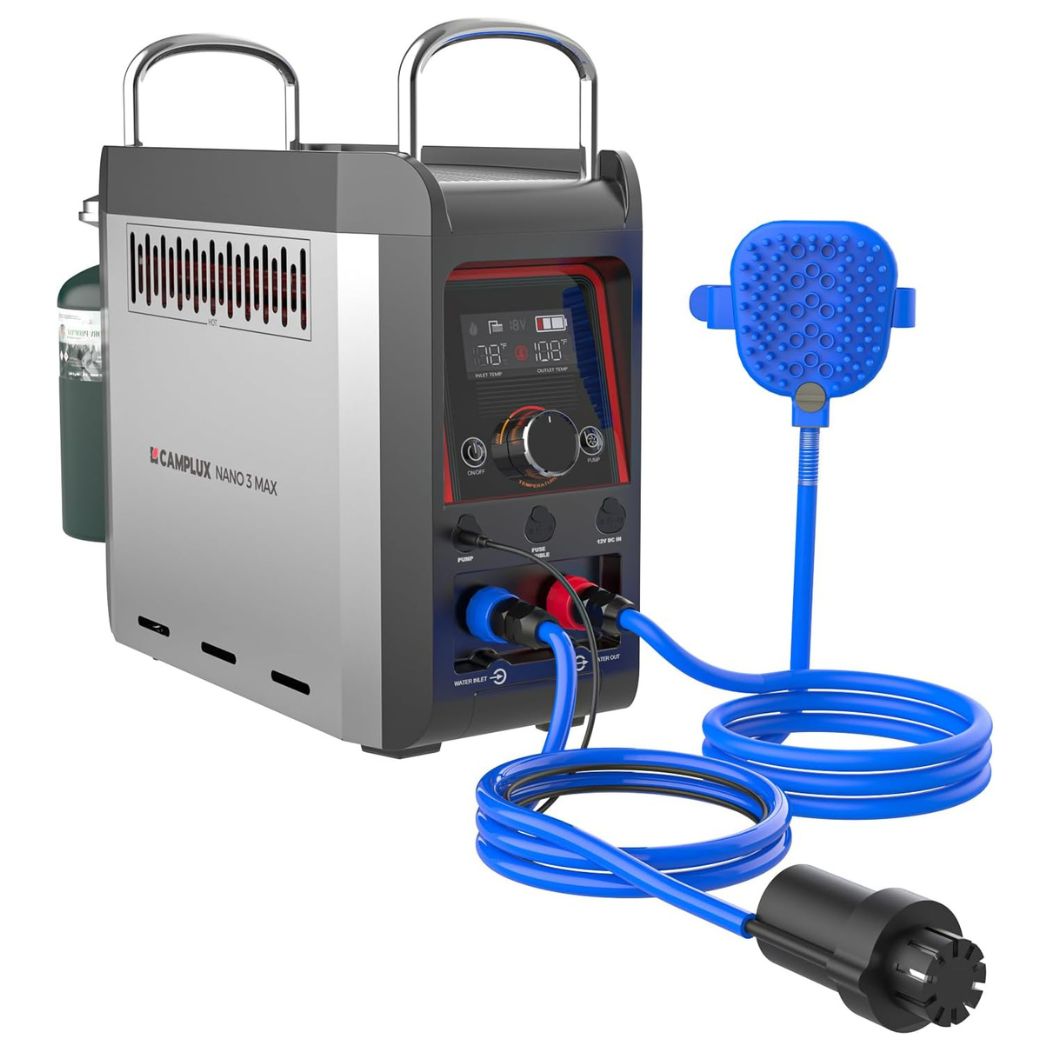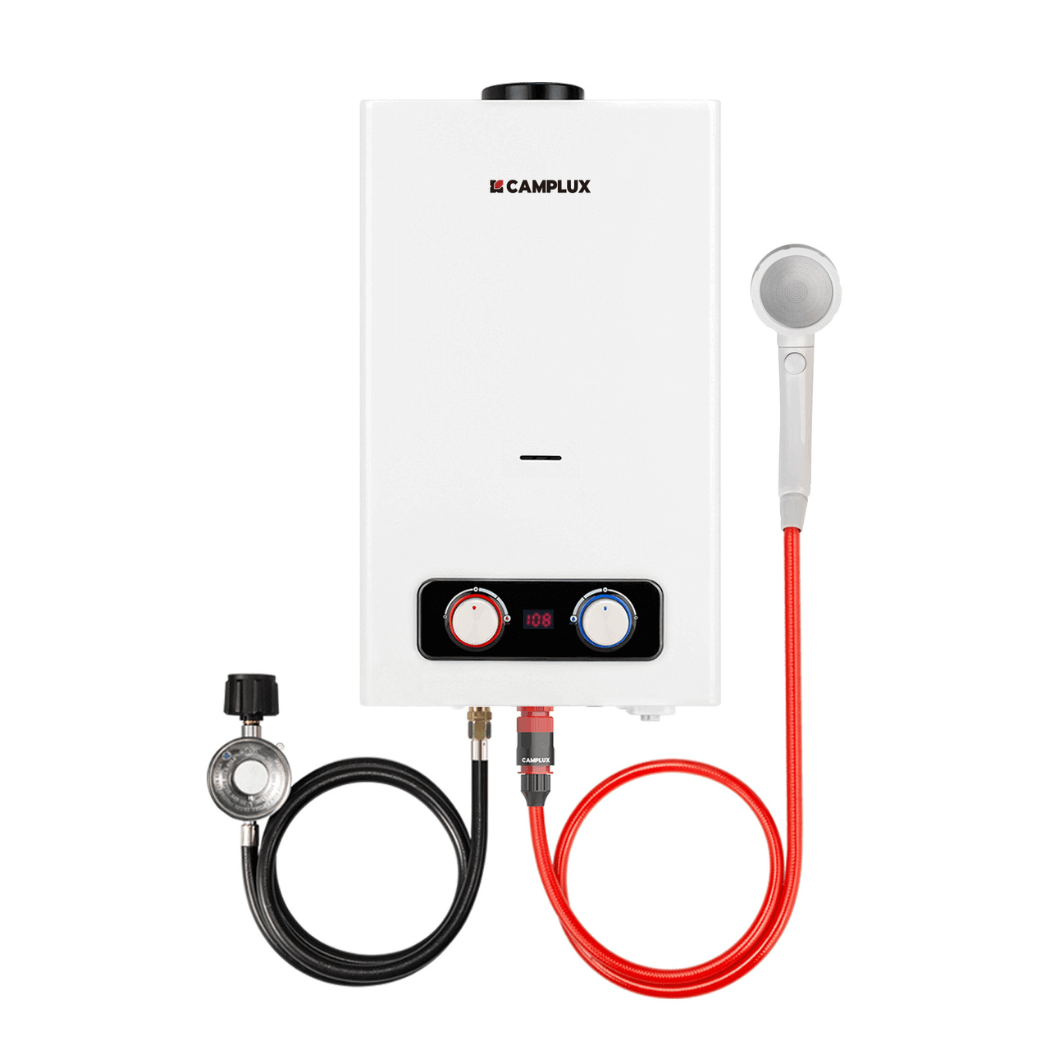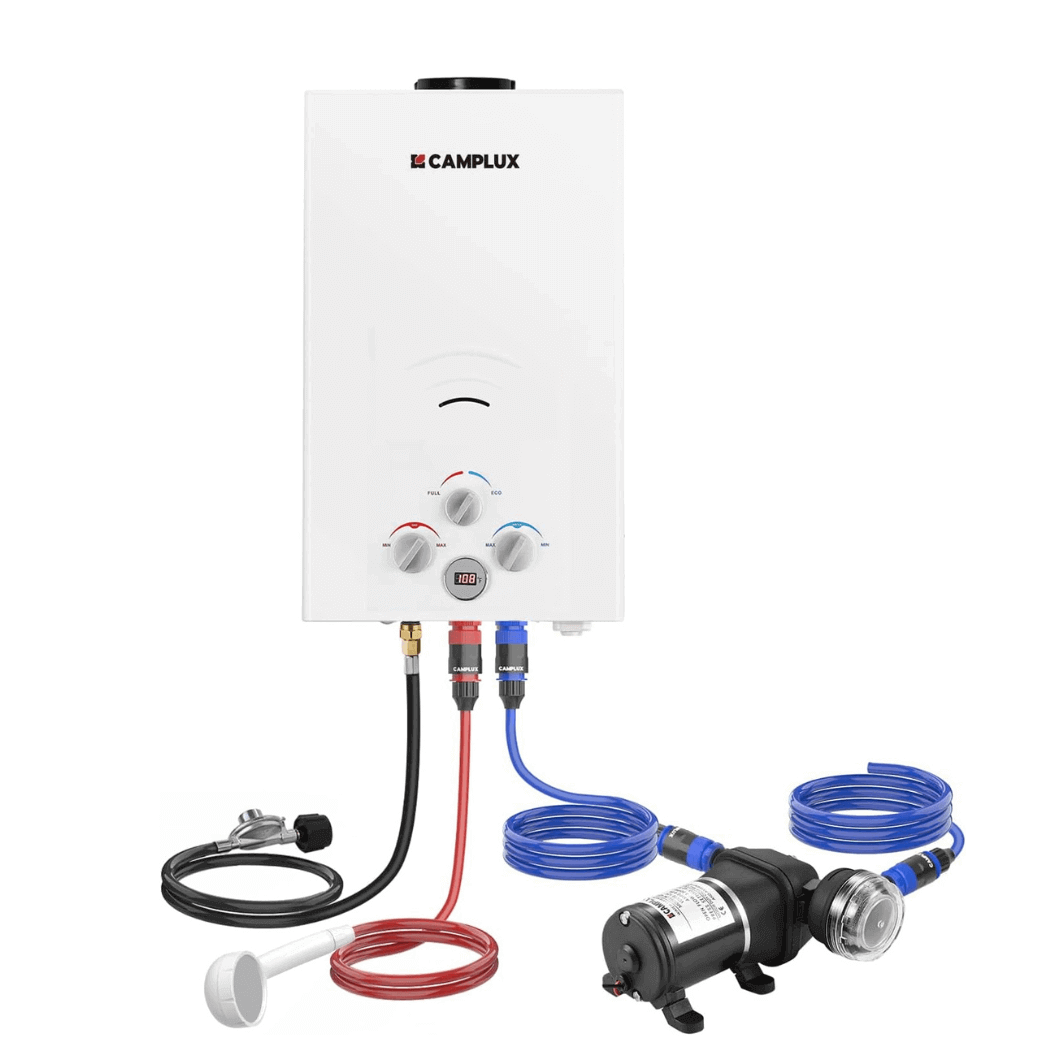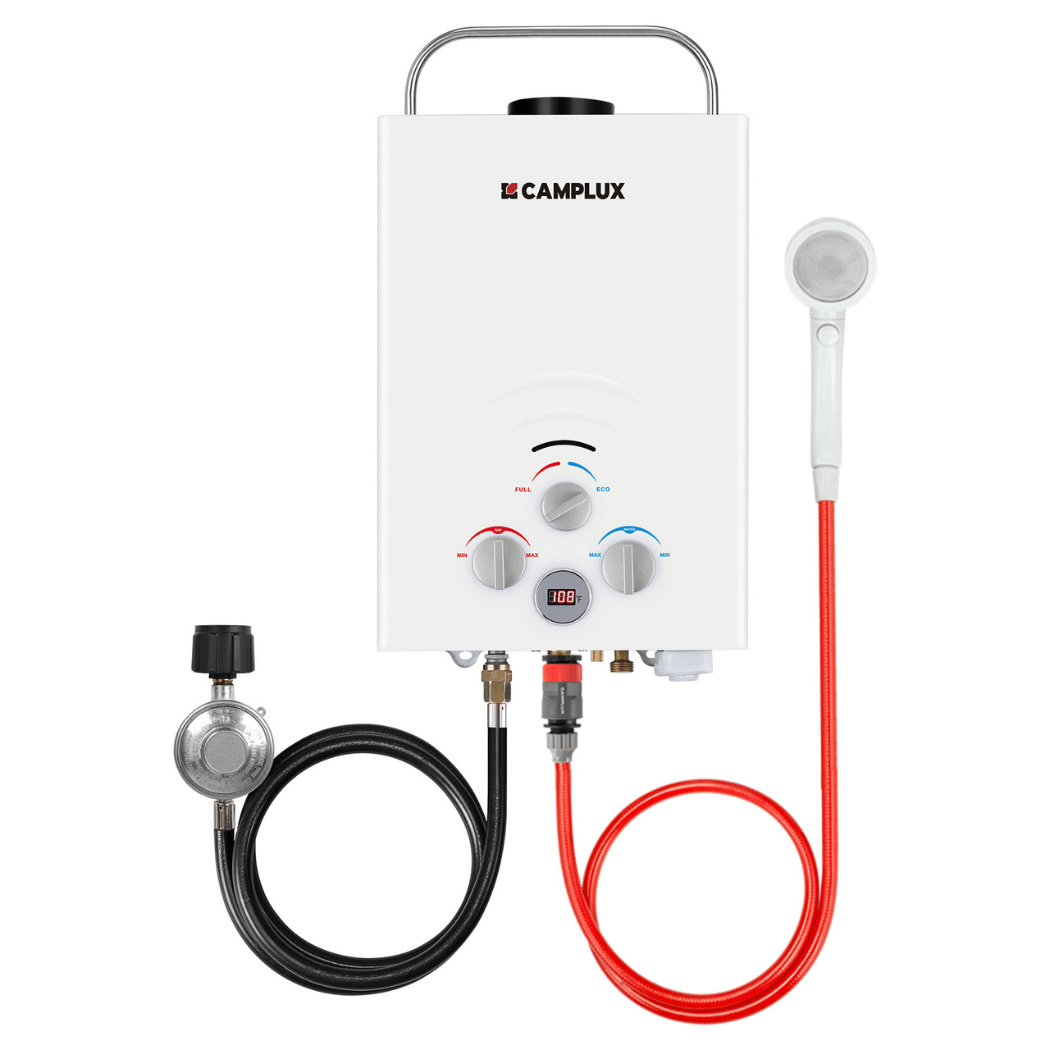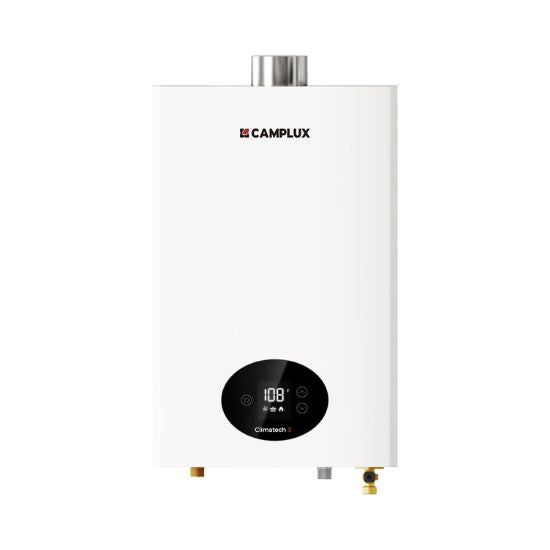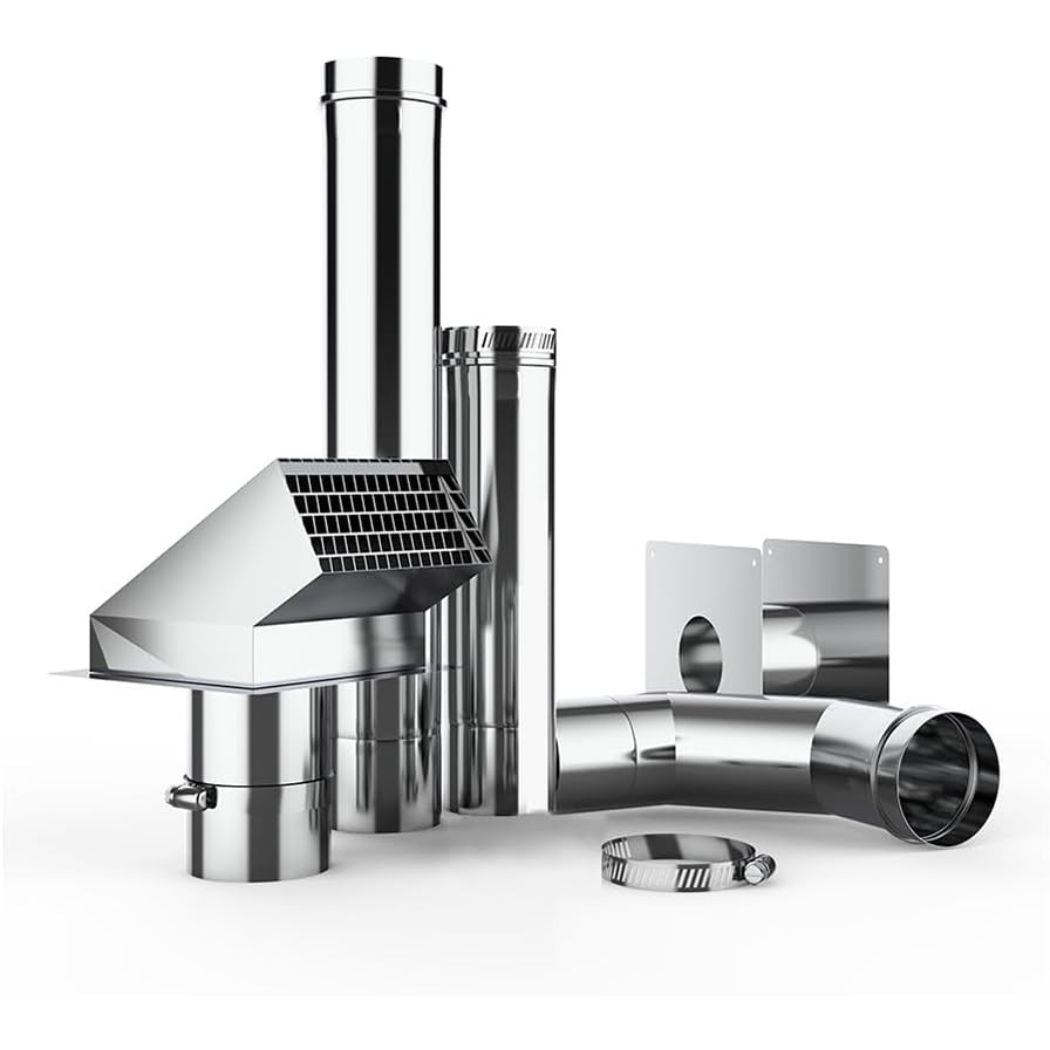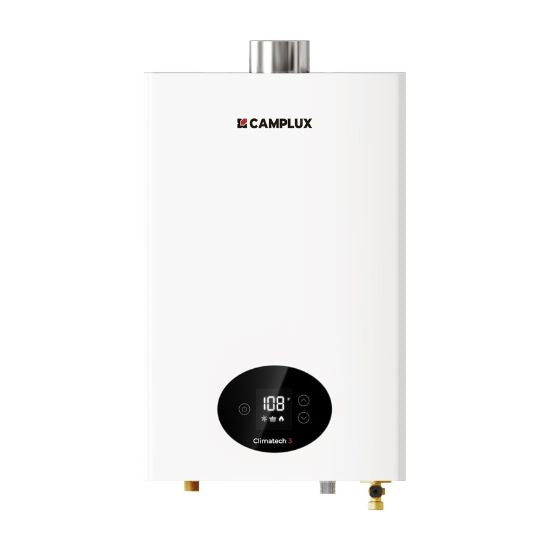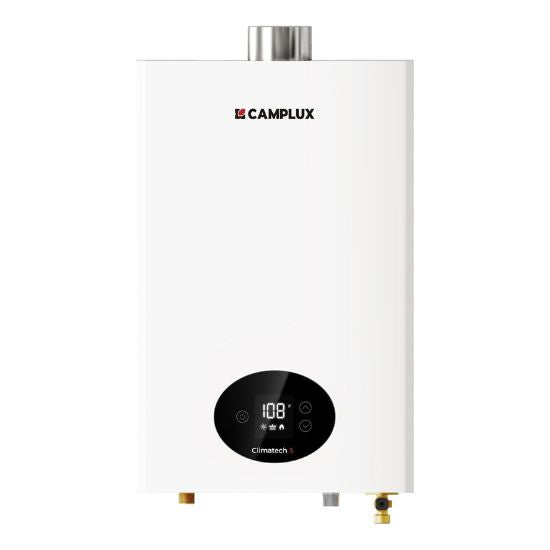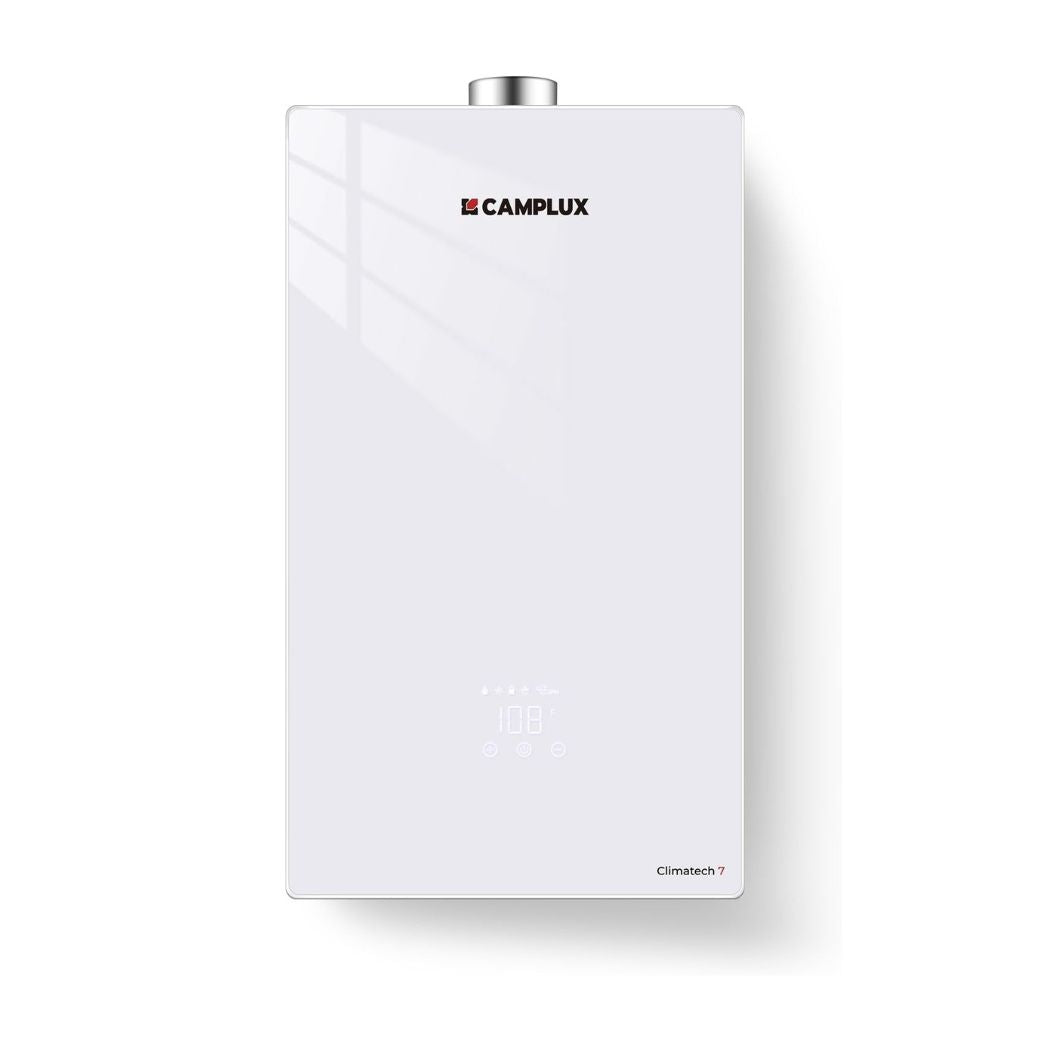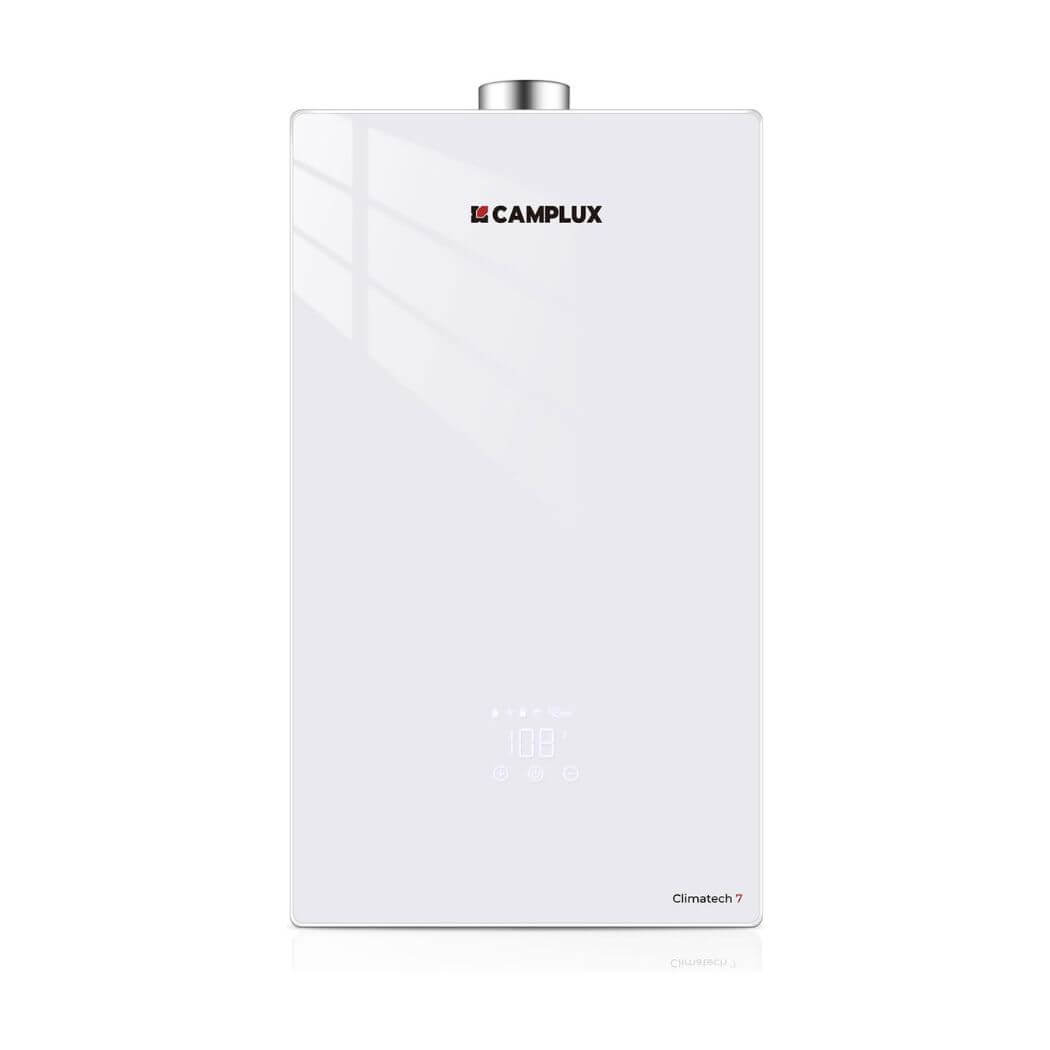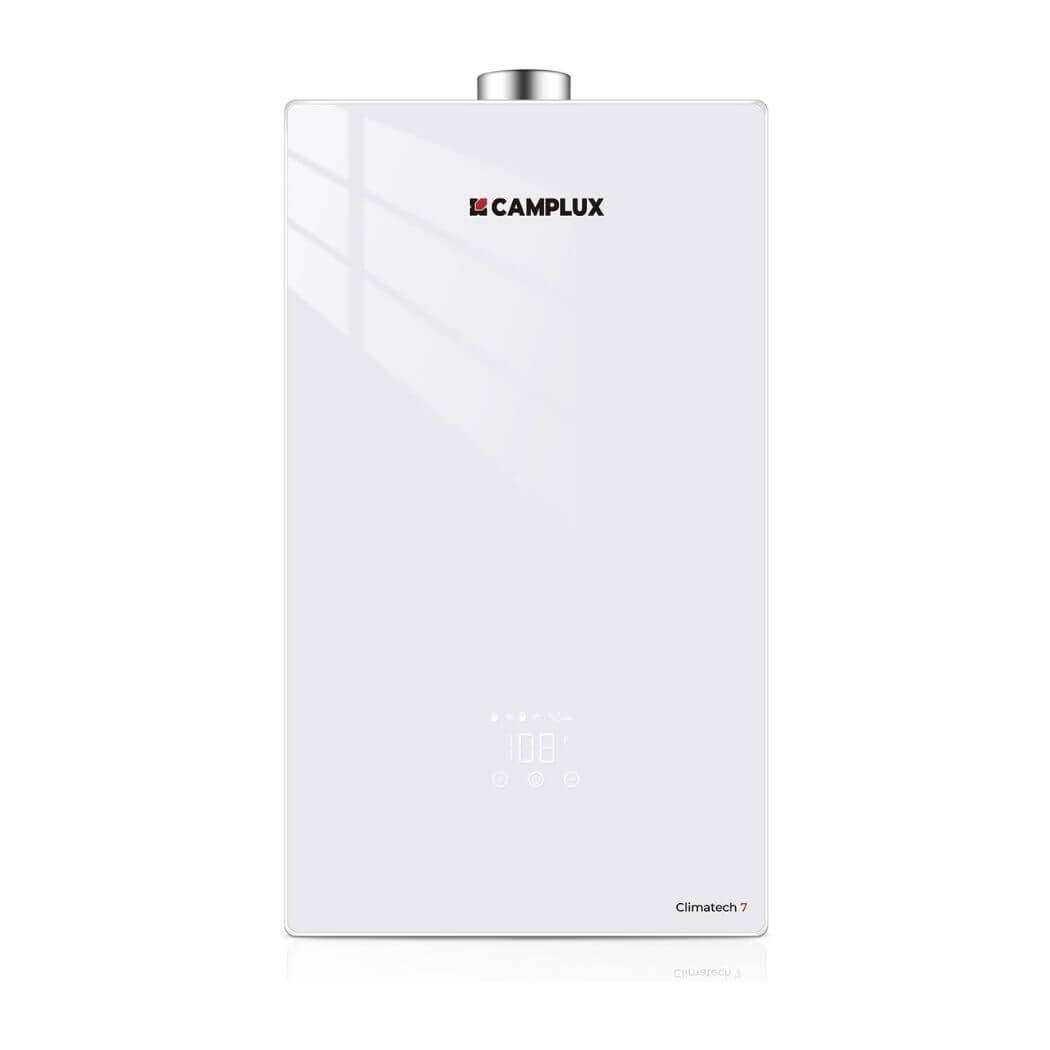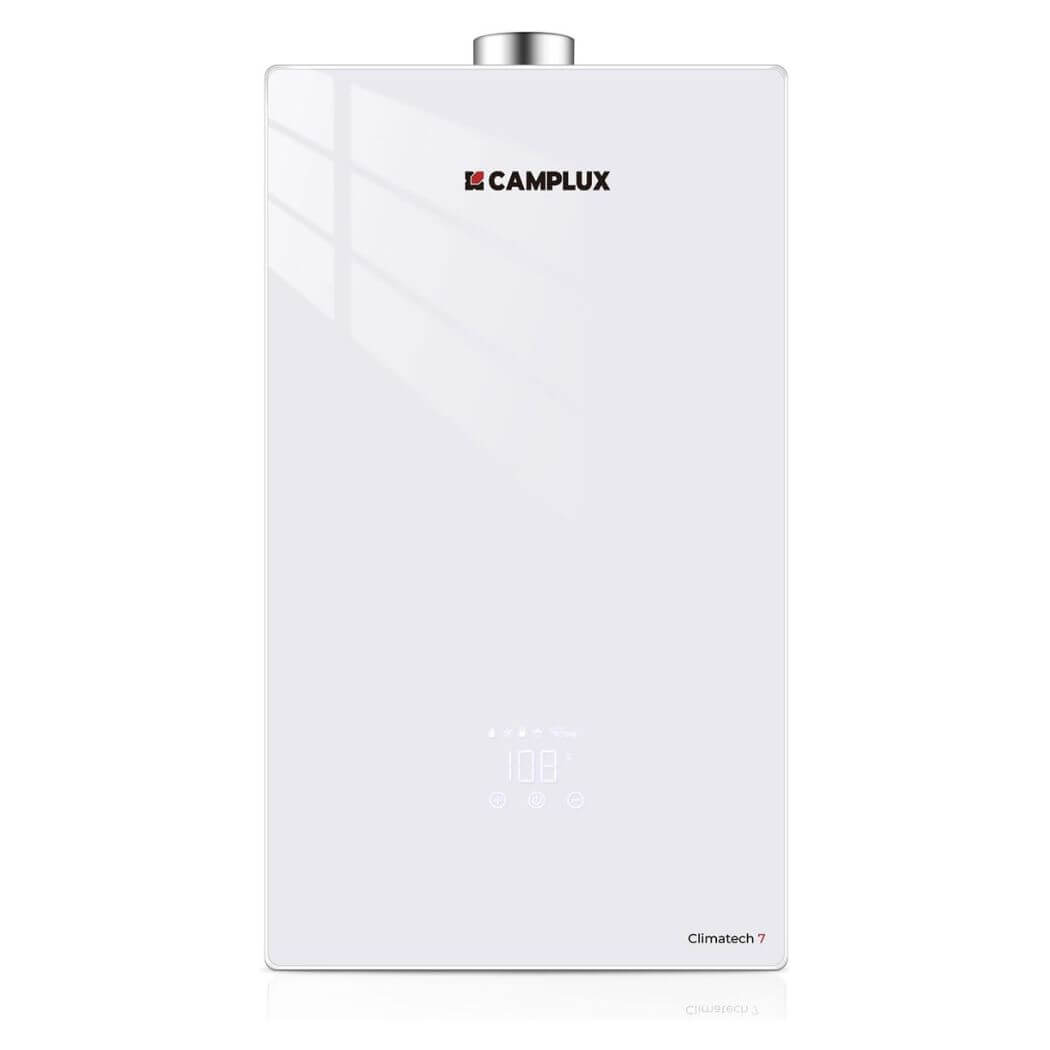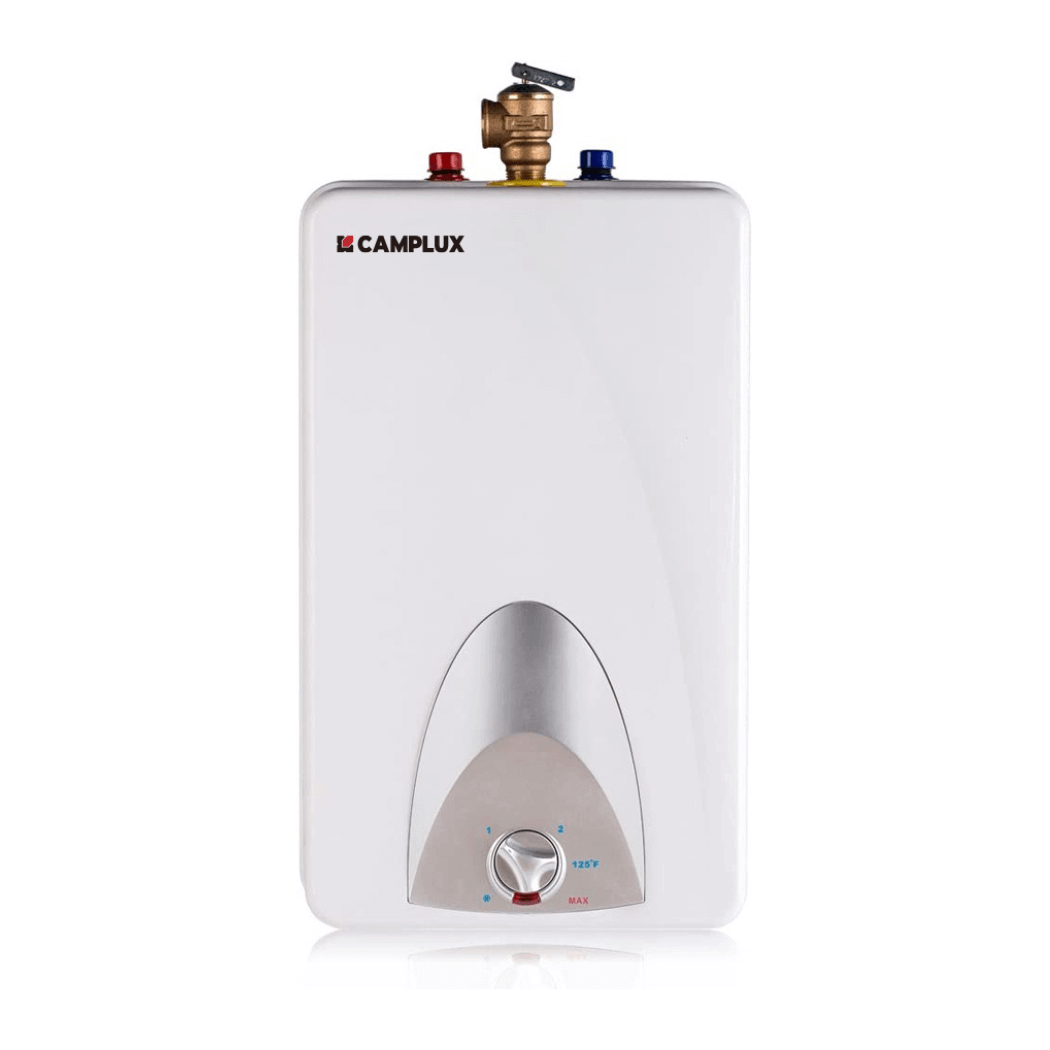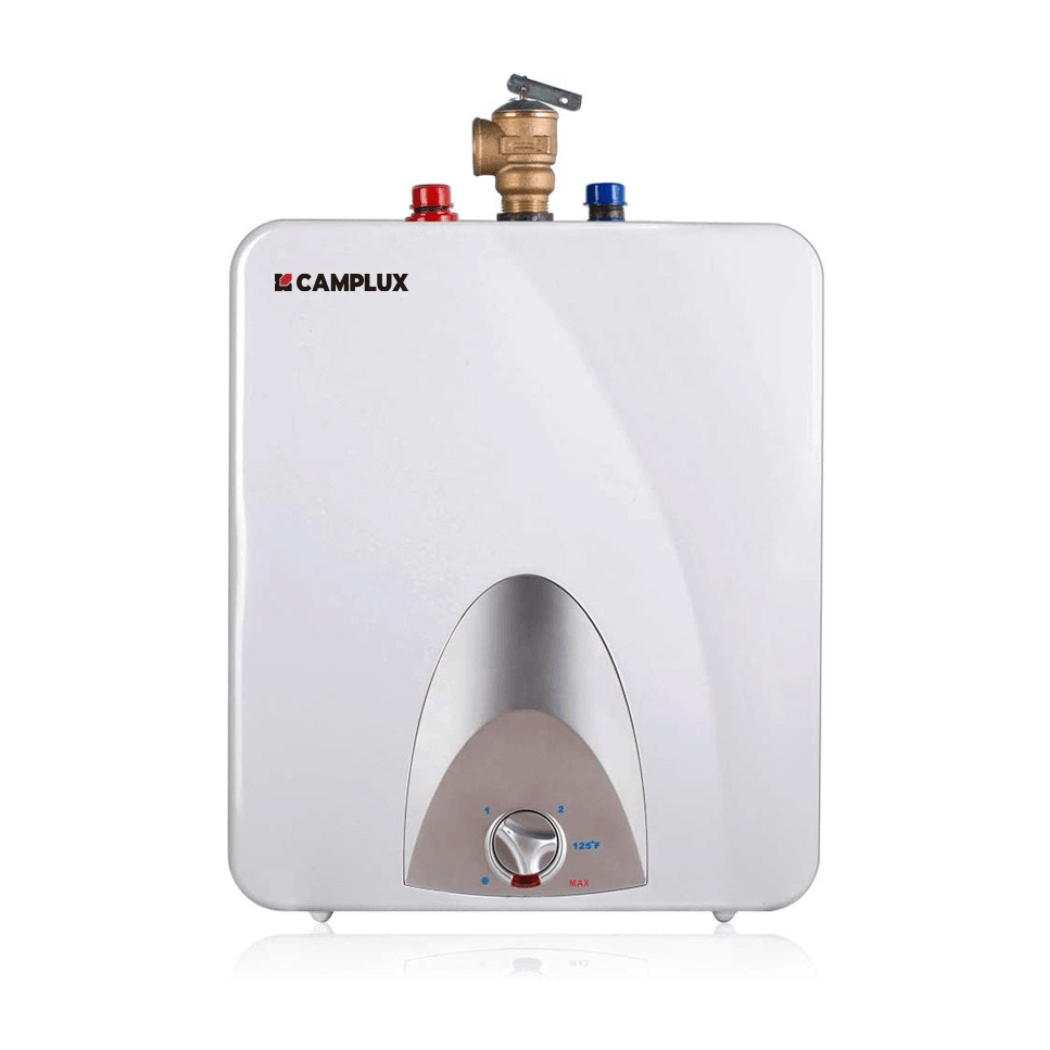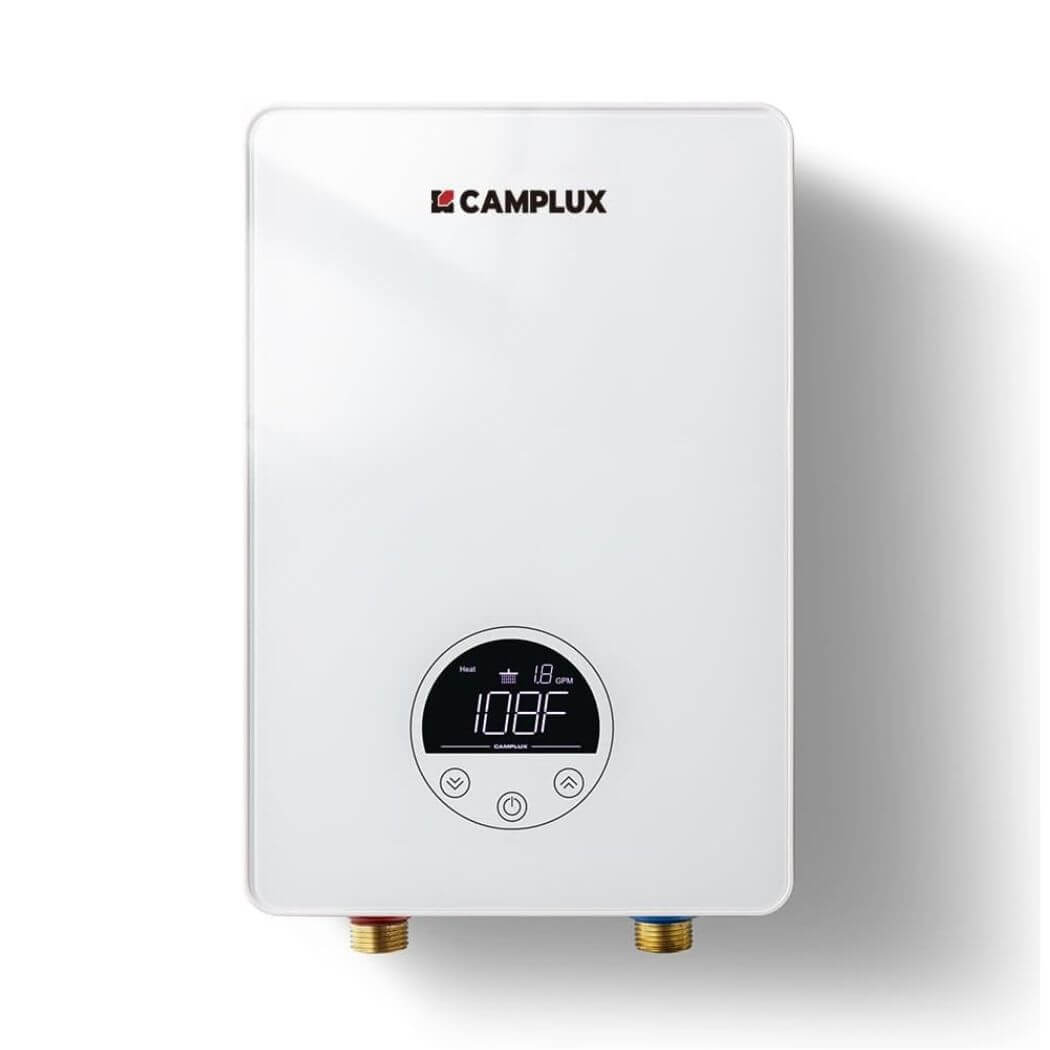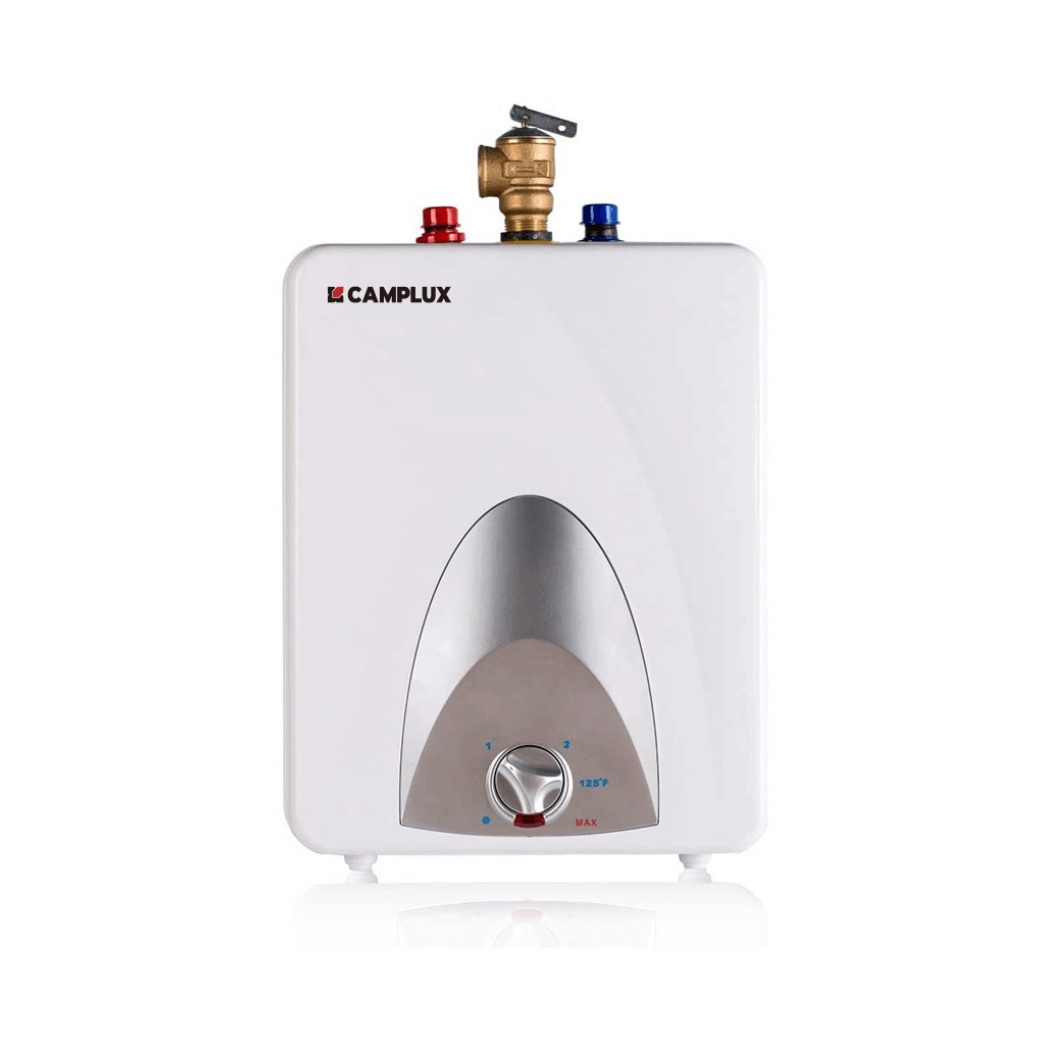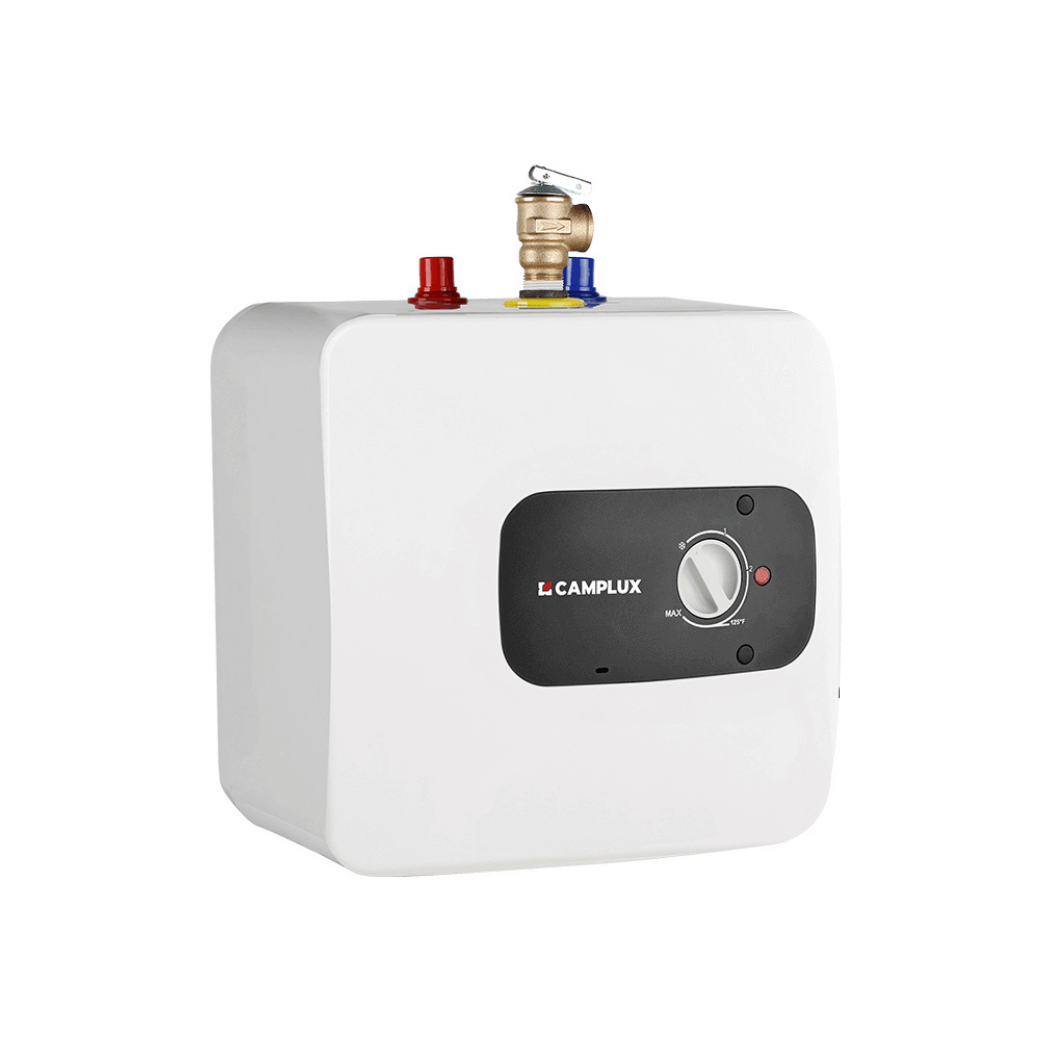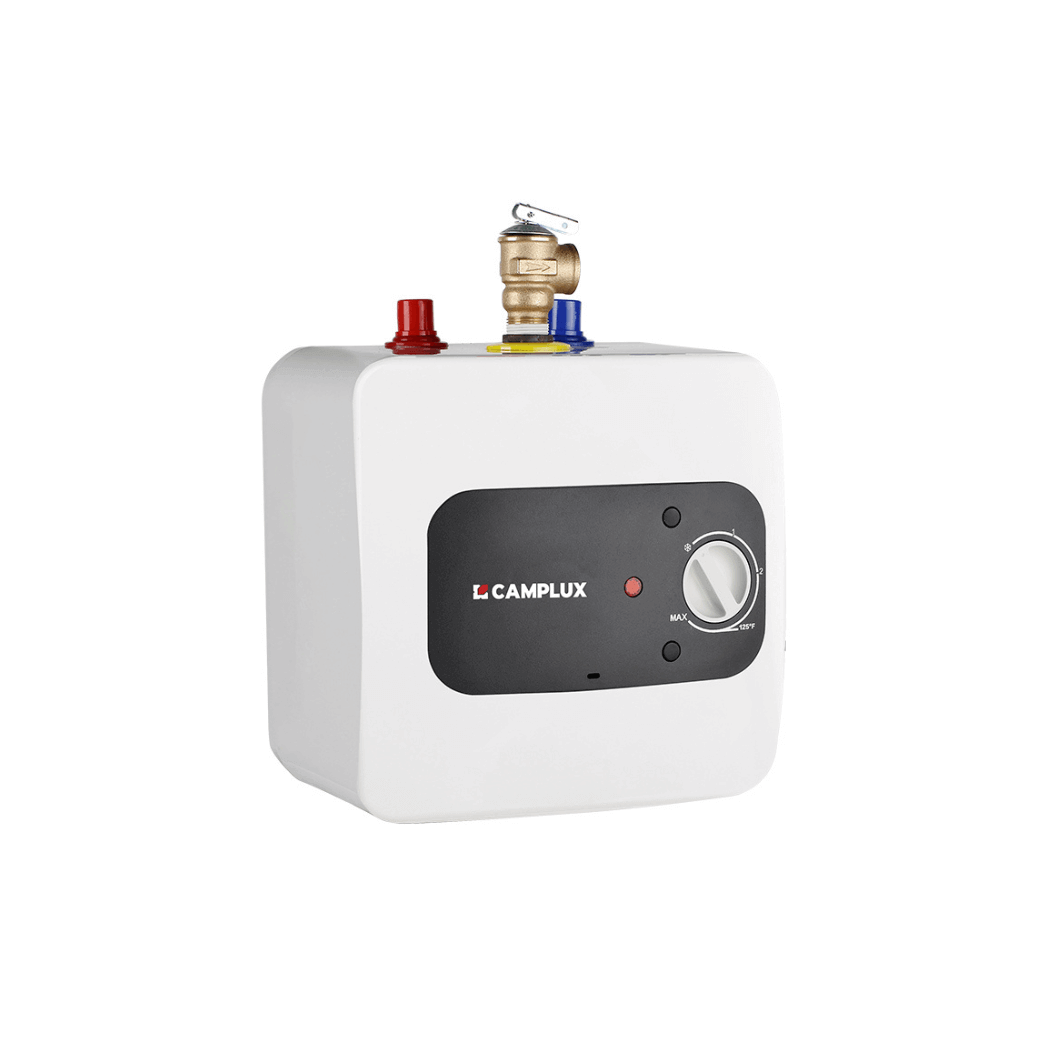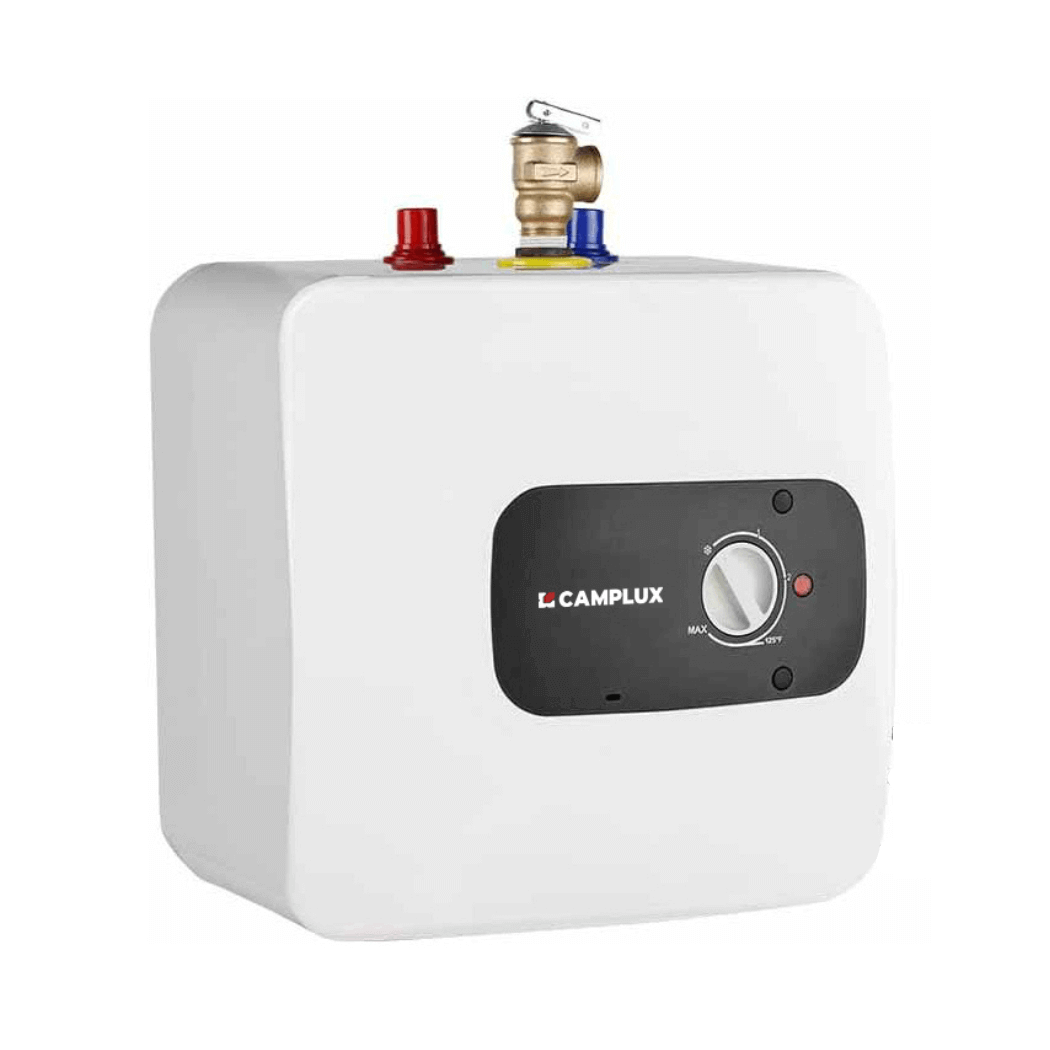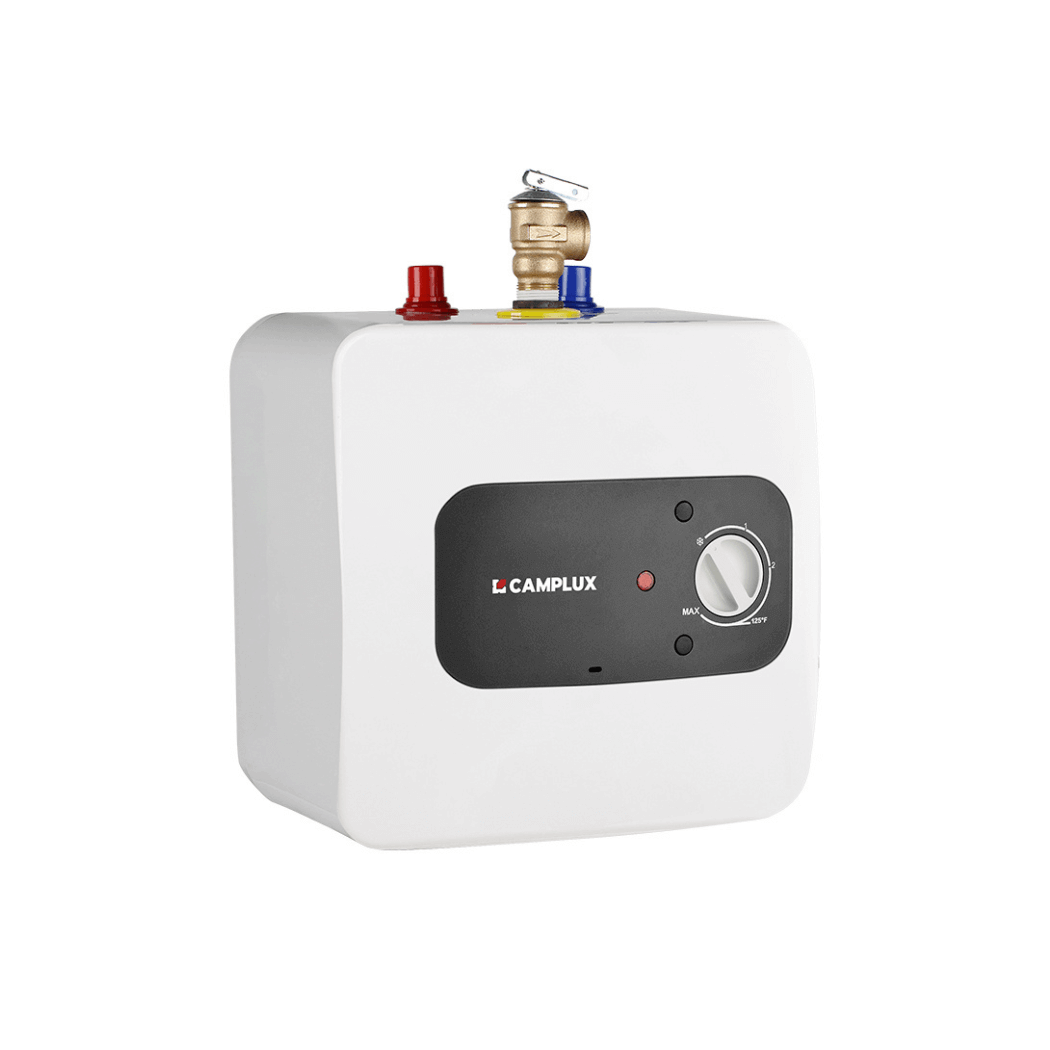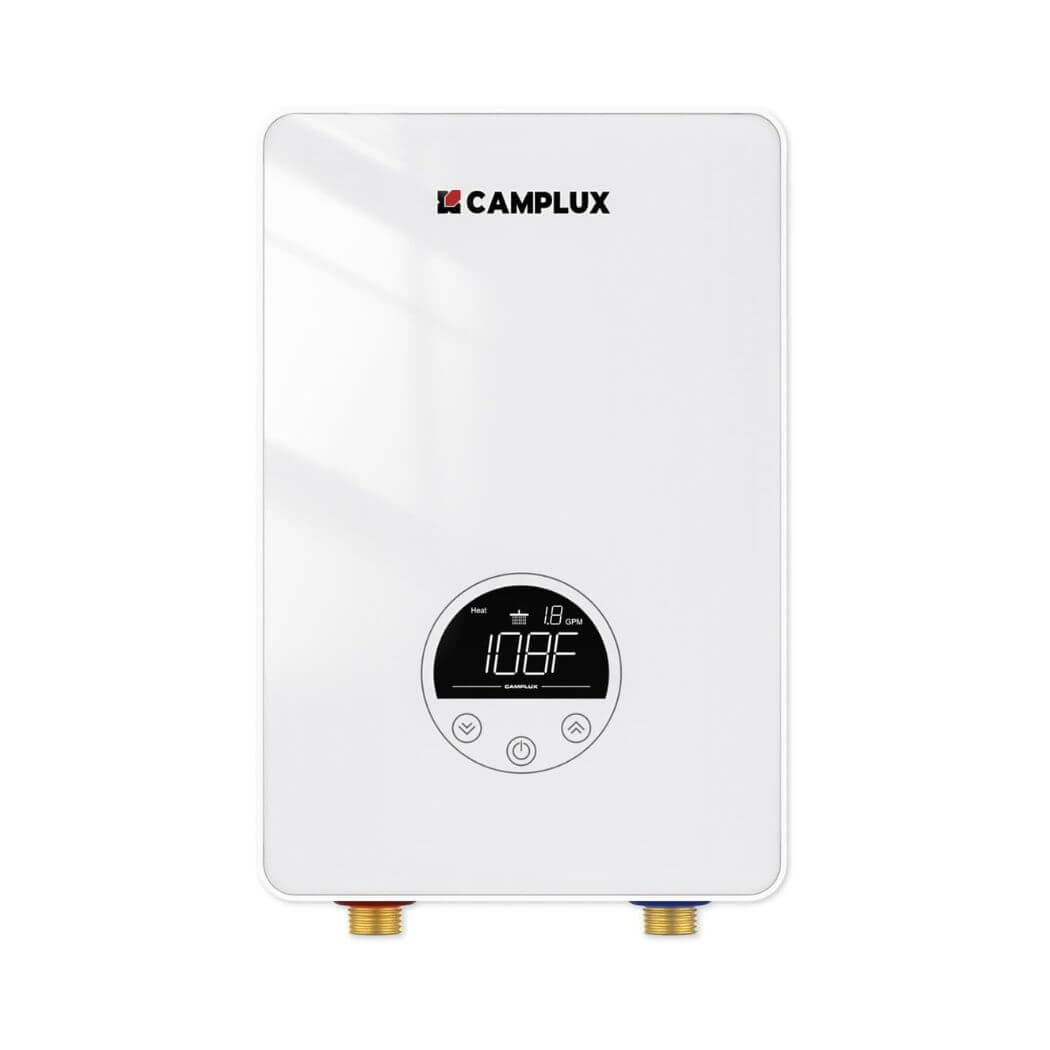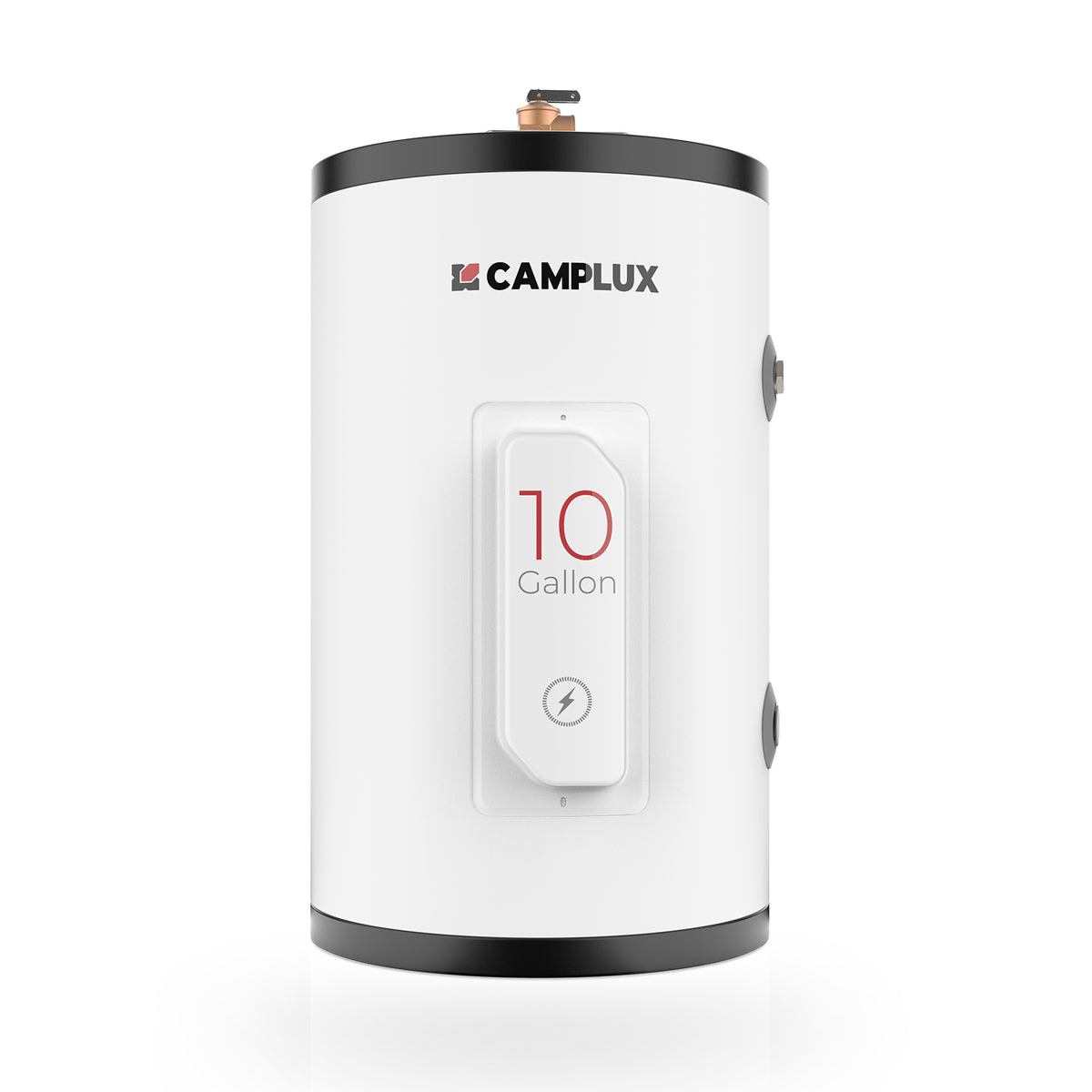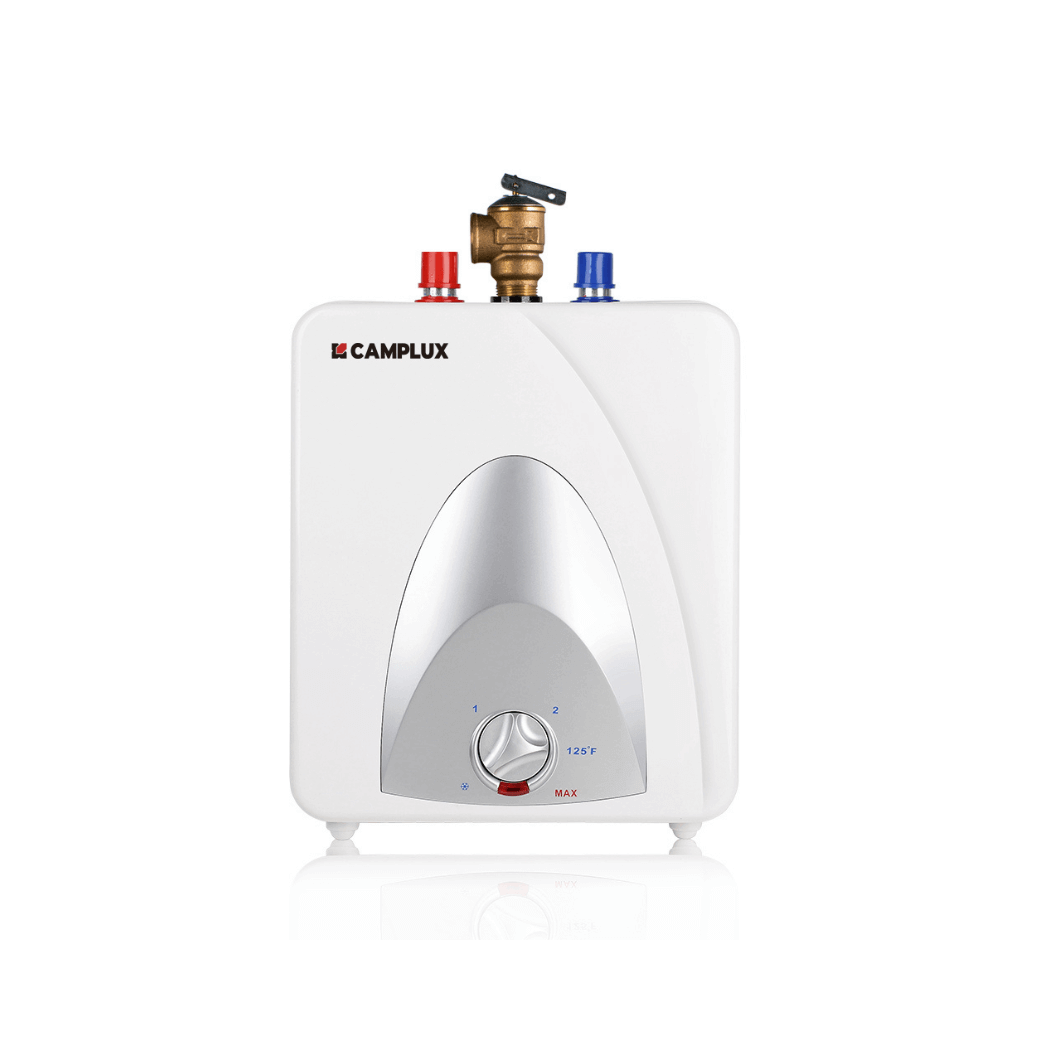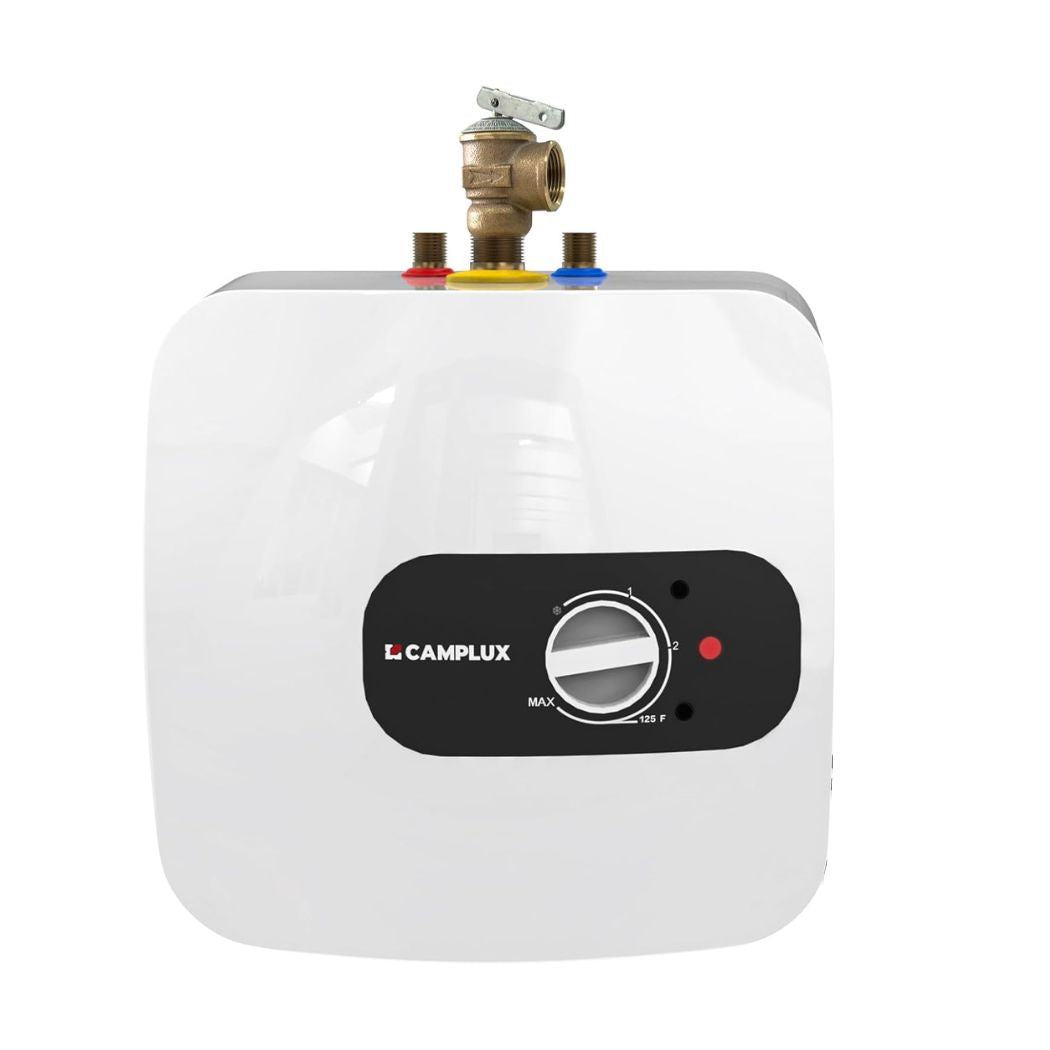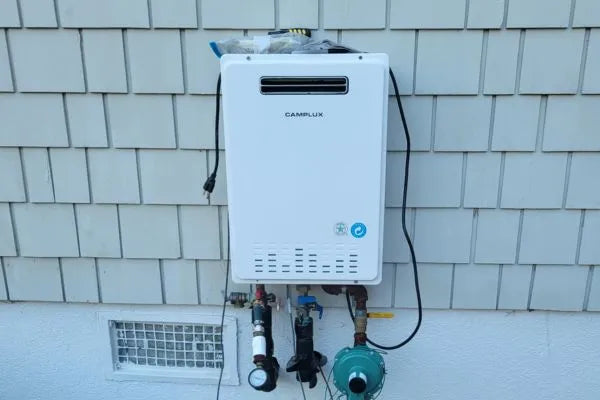Electric tankless water heaters have gained popularity in recent years due to their energy efficiency and space-saving design. Unlike traditional water heaters, which store and heat a large amount of water, electric tankless water heaters heat water on demand, providing hot water whenever it is needed. In this article, we will delve into the inner workings of electric tankless water heaters, discuss their advantages and disadvantages, explore the factors to consider when choosing one, and compare them to traditional water heaters. Here are the key takeaways from our analysis:
Key Takeaways
- Electric tankless water heaters provide hot water on demand, eliminating the need for a storage tank.
- They are more energy-efficient than traditional water heaters, as they only heat water when it is needed.
- Electric tankless water heaters are compact in size and can be installed in tight spaces.
- They have a longer lifespan compared to traditional water heaters.
- Although electric tankless water heaters have a higher upfront cost, they can result in long-term savings on energy bills.
Understanding Electric Tankless Water Heaters
How Electric Tankless Water Heaters Work
Electric tankless water heaters work by heating water directly as it flows through the unit. When a hot water tap is turned on, cold water enters the heater and passes over a heating element, which quickly heats the water to the desired temperature. The heated water then flows out of the unit and into the plumbing system, ready for use. Unlike traditional water heaters that store and continuously heat a large volume of water, electric tankless water heaters provide hot water on demand, eliminating the need for a storage tank.
Advantages of Electric Tankless Water Heaters
Electric tankless water heaters offer several advantages over traditional water heaters:
-
Energy Efficiency: Electric tankless water heaters are highly energy efficient, as they only heat water when it is needed. This eliminates the standby energy loss that occurs with traditional water heaters, resulting in significant energy savings.
-
Space Saving: Electric tankless water heaters are compact in size and can be installed in tight spaces, making them ideal for apartments, condos, and small homes.
-
Endless Hot Water: With an electric tankless water heater, you never have to worry about running out of hot water. It provides a continuous supply of hot water on demand.
Tip : Consider the flow rate and water demand of your household when choosing an electric tankless water heater. Ensure that it can meet your hot water needs efficiently.
Disadvantages of Electric Tankless Water Heaters
While electric tankless water heaters offer many benefits, there are also some drawbacks to consider. One of the main disadvantages is the limited flow rate. Electric tankless water heaters may struggle to provide hot water at a high flow rate, especially in colder climates. This can be a problem for households with multiple bathrooms or high water demand.
Another disadvantage is the potential for inconsistent water temperature. Electric tankless water heaters rely on heating elements to heat the water as it flows through the unit. If the flow rate is too high, the water may not have enough time to heat up properly, resulting in fluctuating temperatures.
Additionally, electric tankless water heaters can be more expensive to install compared to traditional water heaters. They often require upgrades to the electrical system, such as a dedicated circuit and higher voltage capacity. This can add to the overall cost of the unit and installation process.
Factors to Consider When Choosing an Electric Tankless Water Heater
Flow Rate and Water Demand
When choosing an electric tankless water heater, one important factor to consider is the flow rate and water demand of your household. The flow rate refers to the amount of hot water the heater can provide per minute, while the water demand is the total amount of hot water needed in your home. It's essential to choose a water heater that can meet your household's hot water needs to ensure a constant supply of hot water. To determine the appropriate flow rate and water demand, consider the number of bathrooms, appliances, and fixtures that require hot water in your home.

Energy Efficiency Ratings
When it comes to electric tankless water heaters, energy efficiency ratings play a crucial role in determining their performance and cost-effectiveness. These ratings indicate how efficiently the unit converts energy into hot water, helping consumers make informed decisions. The higher the energy efficiency rating, the more energy-efficient the water heater is, resulting in lower energy bills and reduced environmental impact. It is important to note that energy efficiency ratings can vary between different models and brands, so it is essential to compare and choose a water heater with a high rating for optimal efficiency.
Installation Requirements
When installing an electric tankless water heater, there are several important requirements to consider. First, ensure that the electrical system in your home can support the power demands of the heater. It is recommended to consult with a qualified electrician to determine if any upgrades or modifications are necessary.

Next, make sure that the water heater is installed in a location that allows for proper ventilation and exhaust. This is important for the safe operation of the heater and to prevent the buildup of harmful gases.
Additionally, the water supply and plumbing should be compatible with the tankless water heater. It is important to check the manufacturer's specifications for the required water pressure and flow rate.
Lastly, consider the space requirements for the installation. Electric tankless water heaters are typically smaller in size compared to traditional water heaters, but it is still important to ensure that there is enough space for proper installation and maintenance.
Maintenance and Longevity
Proper maintenance is crucial for ensuring the longevity of your electric tankless water heater. Here are some key tips to keep in mind:
- Regularly clean the water filter to prevent clogs and maintain optimal performance.
- Check for any leaks or drips and repair them promptly to avoid water damage.
- Flush the system annually to remove any mineral buildup and maintain efficiency.
- Inspect the heating elements and replace them if necessary to ensure consistent hot water.
Remember, following these maintenance practices will not only extend the lifespan of your electric tankless water heater but also ensure it operates at its best.
Installation and Setup of Electric Tankless Water Heaters
Choosing the Right Location
When choosing the right location for your electric tankless water heater, there are a few important factors to consider:
-
Proximity to Electrical Panel : It is essential to place the water heater close to the electrical panel to minimize wiring and installation costs.
-
Accessibility : Ensure that the water heater is easily accessible for maintenance and repairs.
-
Ventilation : Electric tankless water heaters require proper ventilation to dissipate heat. Make sure there is adequate airflow around the unit.
-
Water Supply : The water heater should be located near the main water supply to minimize heat loss in the pipes.
-
Plumbing Requirements : Consider the plumbing requirements and ensure that the location allows for easy connection to the existing plumbing system.
Remember, consulting a professional plumber or electrician is always recommended for proper installation and to ensure compliance with local building codes.
Electrical Requirements
When it comes to the electrical requirements of an electric tankless water heater, there are a few key factors to consider. First and foremost, you need to ensure that your home's electrical system can handle the power demands of the heater. Electric tankless water heaters typically require a higher voltage and amperage compared to traditional water heaters. It's important to consult with a qualified electrician to determine if any upgrades or modifications are needed to your electrical system.

Additionally, the location of the water heater in relation to the electrical panel is crucial. The closer the heater is to the panel, the shorter the distance for the electrical wiring, which can help minimize voltage drop and ensure efficient operation. Proper wiring and grounding are essential to prevent any electrical hazards and ensure the safe and reliable performance of the electric tankless water heater.
In summary, the electrical requirements of an electric tankless water heater should not be overlooked. Consult with a professional electrician to assess your home's electrical system and make any necessary upgrades or modifications for optimal performance and safety.
Water Supply and Plumbing
When it comes to the water supply and plumbing for an electric tankless water heater, there are a few important considerations to keep in mind. First, it's crucial to ensure that the water supply line is properly sized to meet the flow rate requirements of the heater. This will ensure that you have a consistent supply of hot water without any issues. Additionally, it's important to have a dedicated water line for the heater to prevent any interference with other appliances or fixtures in your home. Finally, proper plumbing connections and fittings are essential to prevent leaks and ensure the longevity of your water heater.
Conclusion
In conclusion, electric tankless water heaters offer a highly efficient and convenient solution for providing hot water in homes and businesses. With their compact size, on-demand heating, and energy-saving features, these innovative appliances are revolutionizing the way we heat water. The efficiency of electric tankless water heaters not only reduces energy consumption and utility costs but also contributes to a more sustainable future. As technology continues to advance, we can expect even greater improvements in the performance and efficiency of these appliances. So, whether you're looking to upgrade your current water heating system or considering a new installation, electric tankless water heaters are definitely worth considering.
Frequently Asked Questions
Are electric tankless water heaters more efficient than traditional water heaters?
Yes, electric tankless water heaters are generally more efficient than traditional water heaters. They only heat water when it is needed, which eliminates standby energy loss and can result in energy savings.
Can electric tankless water heaters supply enough hot water for multiple fixtures at the same time?
Yes, electric tankless water heaters can supply enough hot water for multiple fixtures at the same time, depending on their flow rate and the temperature rise required. It is important to choose a model that can meet your specific hot water demand.
Do electric tankless water heaters require regular maintenance?
While electric tankless water heaters generally require less maintenance compared to traditional water heaters, it is still recommended to perform regular maintenance tasks such as descaling the heating elements and checking for any leaks or malfunctions.
What is the lifespan of an electric tankless water heater?
The lifespan of an electric tankless water heater can vary depending on factors such as usage, water quality, and maintenance. On average, they can last between 10 to 20 years.
Do electric tankless water heaters require a dedicated electrical circuit?
Yes, electric tankless water heaters typically require a dedicated electrical circuit to handle the high power demands. It is important to consult a professional electrician for proper installation and electrical requirements.
Are electric tankless water heaters environmentally friendly?
Yes, electric tankless water heaters are considered to be more environmentally friendly compared to traditional water heaters. They eliminate the need for a large storage tank, reducing energy consumption and carbon emissions.



